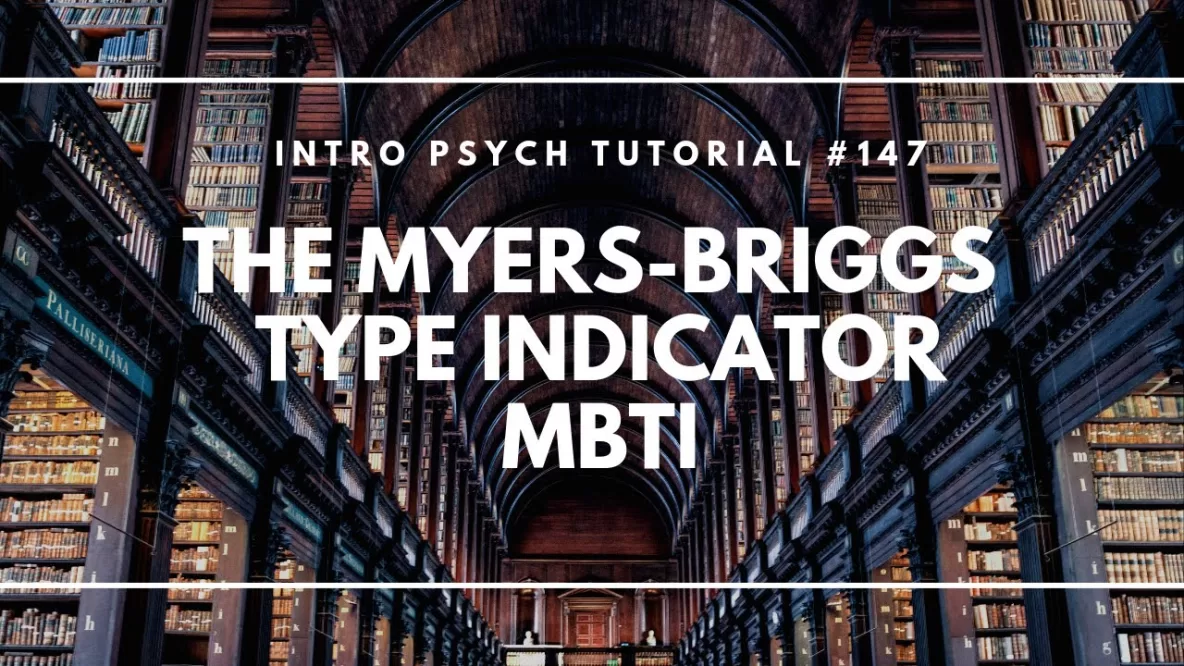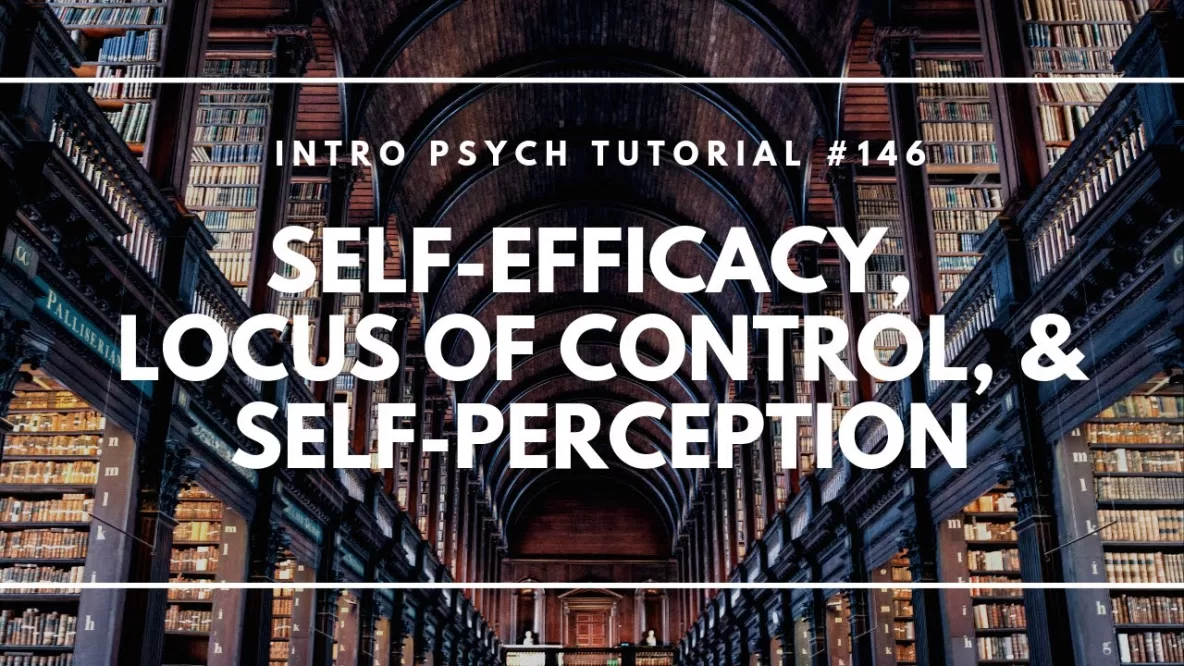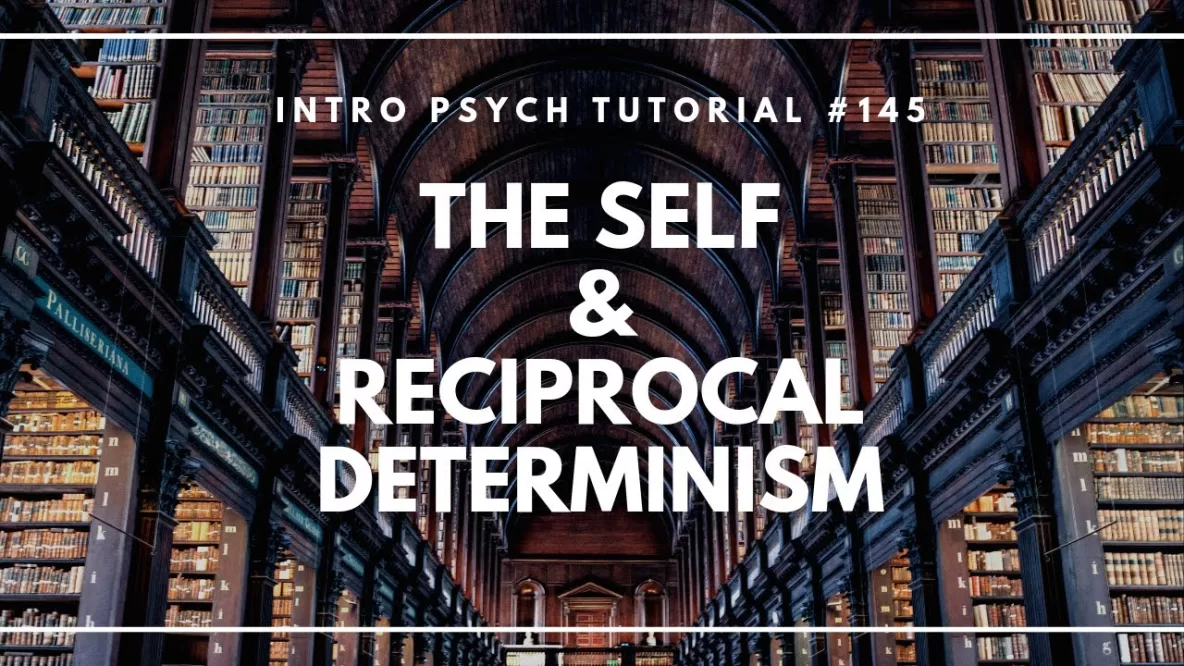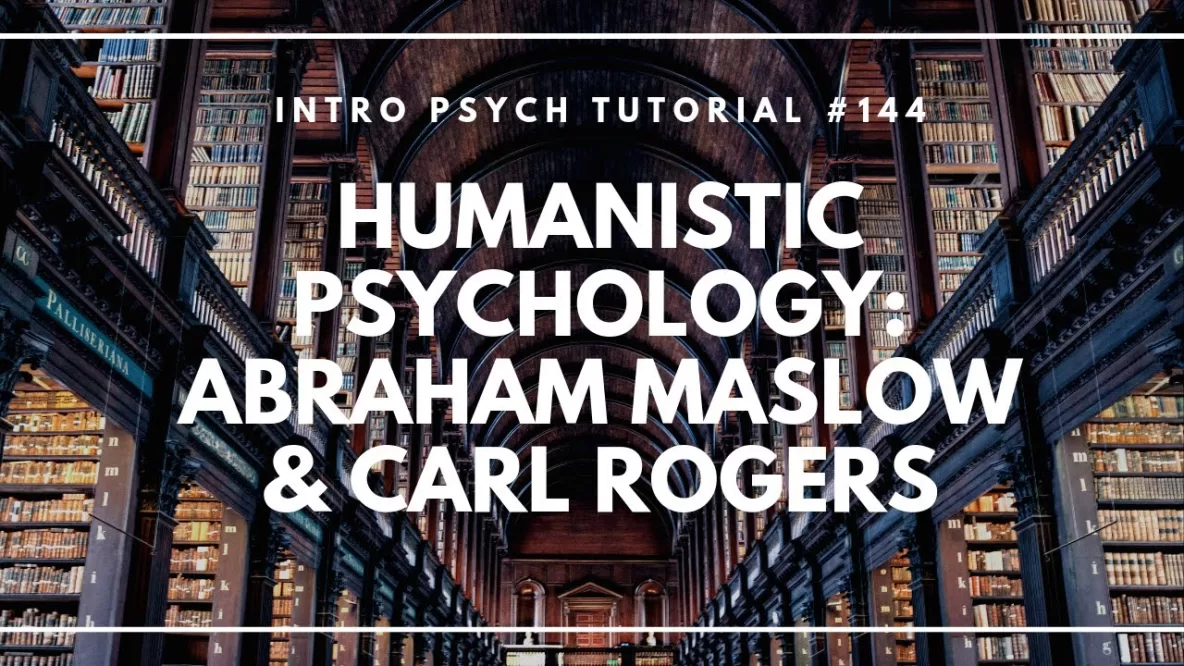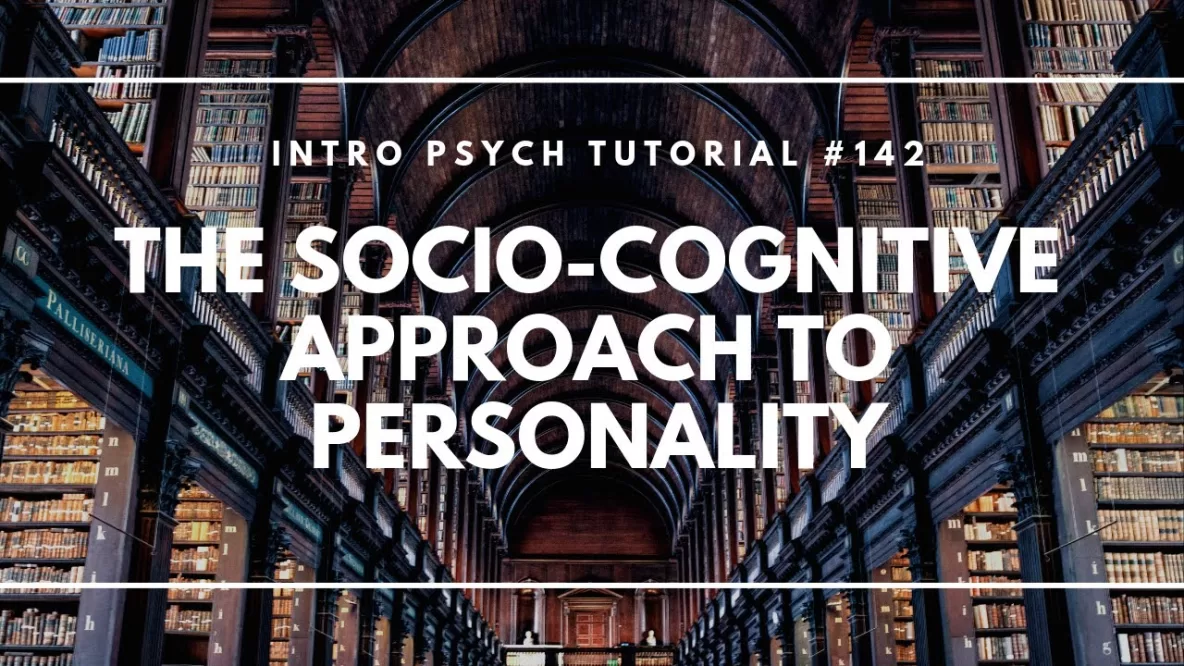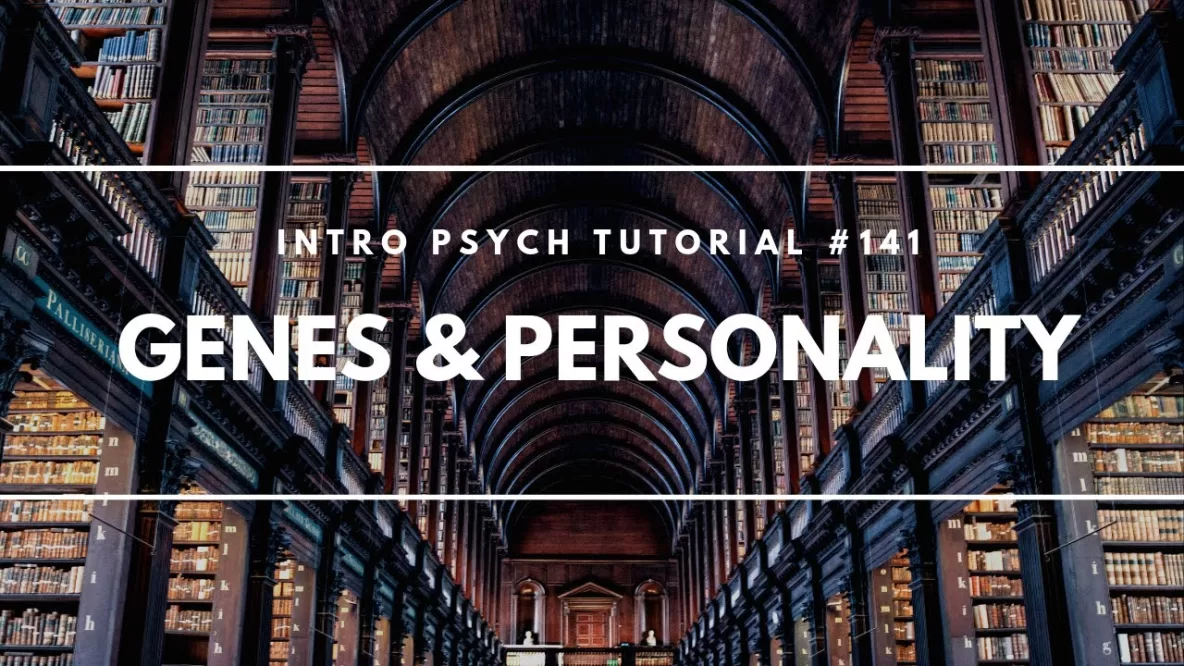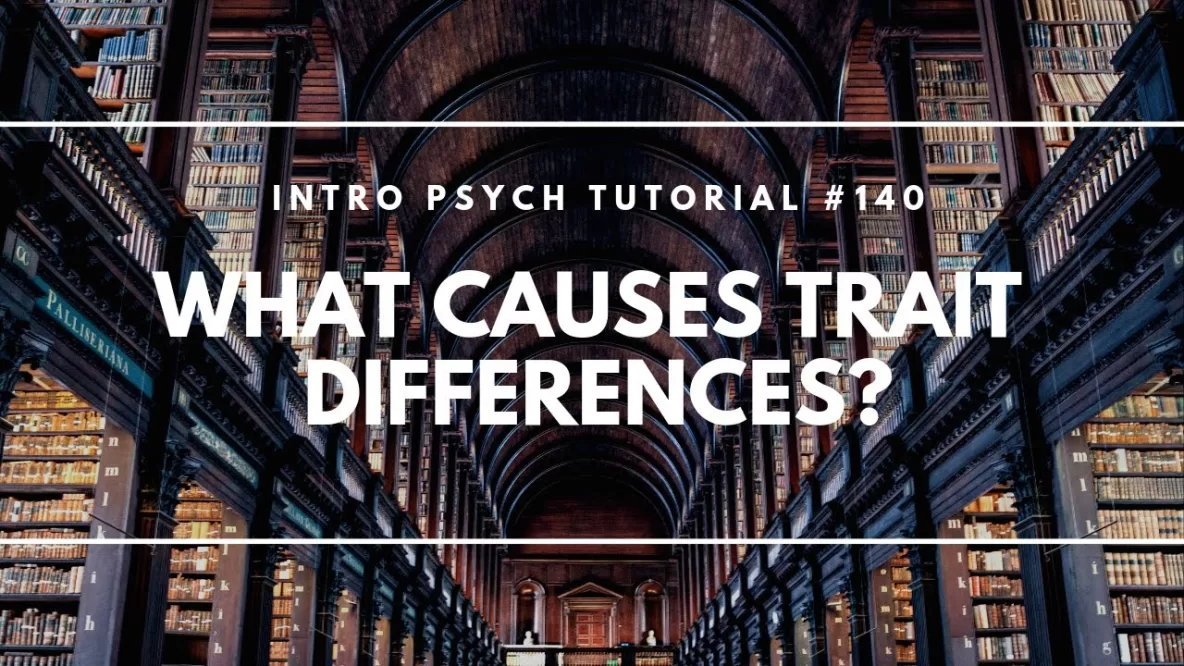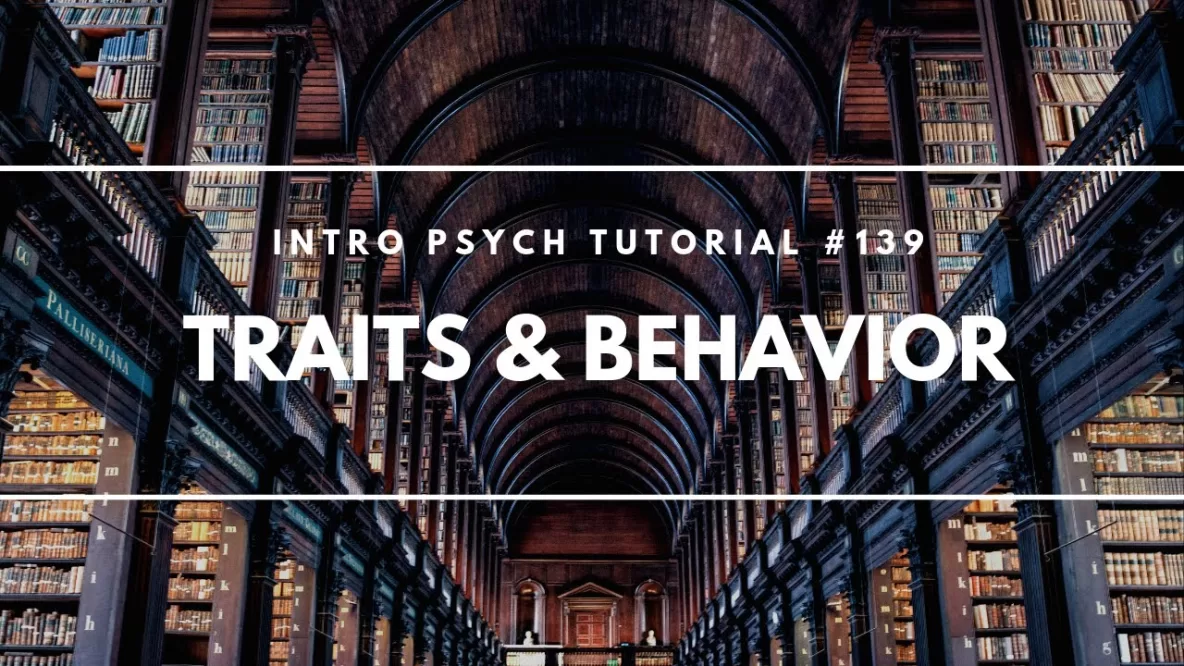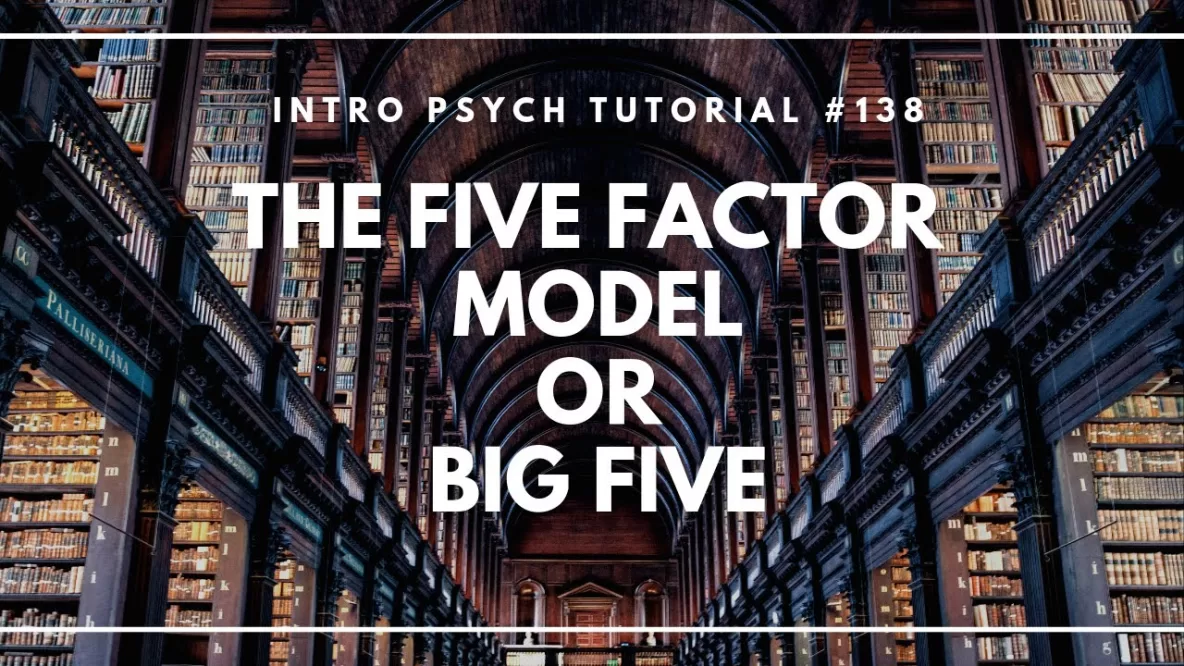In this video I describe the Myers-Briggs Type Indicator, a personality assessment created by Isabel Briggs Myers and Katharine Cook Briggs. Despite its popularity in career counseling and corporate settings, the MBTI generally isn’t held in high regard by most … Read More
Self-Efficacy, Locus of Control, & Self-Perception
In this video I discuss self-efficacy, internal vs. external locus of control, and self-perception theory. I consider how these theories relate to the process of personality transformation and personal change. Don’t forget to subscribe to the channel to see future … Read More
The Self and Reciprocal Determinism
In this video I consider how we view ourselves and how biases, personal constructs, schema, and behavior interact in shaping personality. I provide an example of Albert Bandura’s reciprocal determinism for understanding the relationship between predisposition, the social environment, and … Read More
Humanistic Psychology: Abraham Maslow & Carl Rogers
In this video I provide a short introduction to the ideas of humanistic psychologists Abraham Maslow and Carl Rogers. Maslow and Rogers both emphasized the role of an intrinsic drive towards self-actualization, or fulfilling one’s greatest potential, in shaping an … Read More
Existential Psychology
In this video I provide a (very) brief overview of existential psychology and how knowledge of our own mortality may play a role in shaping behaviors and societies. Don’t forget to subscribe to the channel to see future videos! Have … Read More
The Socio-Cognitive Approach to Personality
In this video I outline some of the major ideas for a socio-cognitive approach to personality, which emphasizes the role of cognition and the social world. I describe the importance of schema, Kelly’s “personal constructs”, Mischel’s “person variables”, and the … Read More
Genes and Personality
In this video we take a basic look at how to understand the role of genes on personality and how evolution may shape traits and select for a range of variance in a trait rather than extremes. Don’t forget to … Read More
What Causes Trait Differences?
In this video we consider why traits might differ between people, beginning with the possible role of biological systems. Hans Eysenck suggested that introverts and extraverts differed in their levels of cortical arousal, resulting in different needs for stimulation that … Read More
Traits and Behavior
In this video I describe the relationship between scores on trait assessments and actual behaviors. As Walter Mischel demonstrated, the correlation between trait scores and behaviors is fairly low, but it’s important to keep in mind that traits describe tendencies, … Read More
The Five Factor Model or “Big Five”
In this video I briefly describe the Five Factor Model or Big Five, which considers five main dimensions of personality: openness to experience, conscientiousness, extraversion, agreeableness, and neuroticism. This model comes from the work of Robert McCrae and Paul Costa, … Read More

